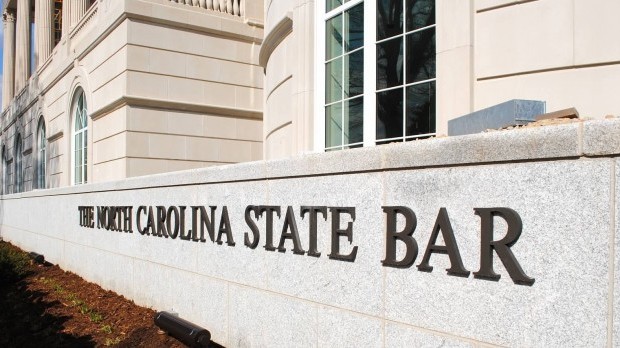2014 Formal Ethics Opinion 9: Use of Tester in an Investigation that Serves a Public Interest
View the Formal Ethics Opinion in Full Here.
The Ethics Committee voted to adopt and retitle 2014 Formal Ethics Opinion 9 at its meeting on July 16, 2015.
The inquiry that led to the opinion concerned a situation where a lawyer wanted to retain a private investigator to look into his client’s former employer for an alleged violation of the North Carolina Wage and Hour Act. However, in order to fully investigate the employer’s payment practices, the private investigator wanted to use lawful, yet deceptive tactics, such as misrepresenting his identity and posing as a party interested in employment with the company.
The adopted opinion holds that generally, a private lawyer may supervise an investigation involving misrepresentation if it is done in pursuit of a public interest and certain conditions are satisfied. Although Rule 8.4 of the North Carolina Rules of Professional Conduct forbids lawyers from engaging in “conduct involving dishonesty, fraud, deceit, or misrepresentation,” the opinion notes that not every act of dishonesty, deceit, or misrepresentation constitutes professional misconduct. After balancing the public’s and profession’s interests, the proposed opinion concludes that a lawyer may advise, direct, or supervise an investigation involving the use of misrepresentation if the following conditions are met: (1) the investigation constitutes a lawful effort to obtain information concerning actionable violations of law or constitutional rights; (2) the lawyer’s conduct is otherwise in compliance with the Rules of Professional Conduct; (3) the lawyer has a good faith belief that there is a reasonable possibility that a violation of criminal law, civil law, or constitutional rights has taken place, is taking place, or will take place in the foreseeable future; (4) misrepresentations are limited to identity or purpose; and (5) the evidence sought is not reasonably available through other means. The use of misrepresentation is inappropriate for matters that do not concern a public interest, such as those entirely personal to the lawyer’s client.


